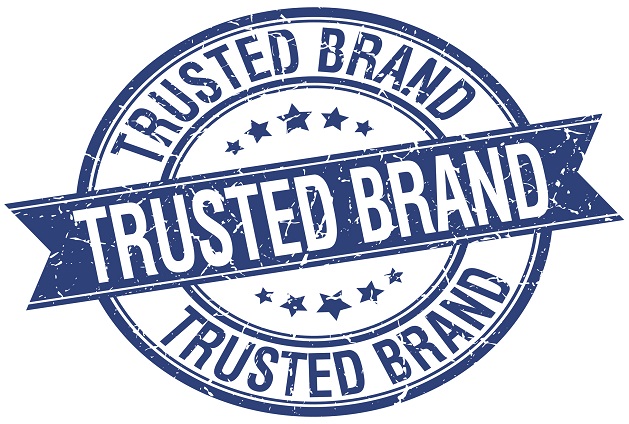
It’s a well-known fact that when creative people deal with non-creative people, it can be difficult on both ends. The client is usually coming from a place of not knowing what goes into the work their designer is doing most of the time.
Given these facts, it’s always important to remain calm, professional, and empathetic to the stance of your client. Telling yourself that the client is always right can get you part of the way, but learning how to work with your client and share ideas to create a productive environment is what will really sustain you throughout your career.
Tips for Success
As a designer, you’ve either spent years teaching yourself or being educated at a post-secondary school putting all of your passion and energy into the creative field that is design. Whether you’re a colorist, web designer, graphic designer, or one of the many other sub-sects of this area, it’s safe to say that your job is your life.
It’s unlikely you want that life to be a difficult one, so here are some tips to get through the day.
- Start the day right
- Stay open to suggestion
- Learn about the brand
- Communicate
Before opening up your email and diving in, take a moment to meditate on the fact that the power is in your hands to discuss, educate, and create a final product that will both please your client and enhance your portfolio. You are the one with the knowledge, and as it was so famously stated by Uncle Ben in Spiderman: with great power comes great responsibility.
There’s nothing that will put a stop to cooperation faster than a closed mind. If your client approaches you with an idea that you believe to be impossible, take a moment before responding and figure out the best way to execute that idea in a way you see as doable. There’s no such thing as a bad idea. Even the most frustrating suggestions can lead to real results.
By learning about your client’s business you can better invest yourself in the work you’re doing. If you care about what you’re creating just as much as your client does, beyond the purely creative point, you’ll find it a lot more exciting getting to work!
The most important thing you can do is communicate. Don’t move ahead on any aspect of the project without checking in and making sure that where you’re at right now is good. You will still have clients who may change their minds, but you can minimize that through communication.
Keep Calm and Carry On
When two people from vastly different backgrounds come together to work on a project, there will inevitably be problems. As a designer, it is your duty to help your clients through the creative process as you collaborate to create a final result.
By keeping in mind that you hold all the information and have the ability to share it, you can take on a calm and confident role in all of your business relationship and continue to enjoy your job!









